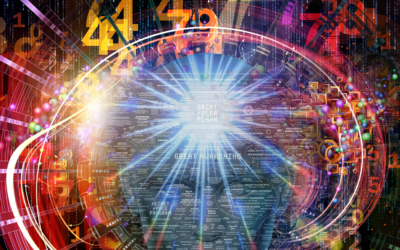AUTHOR(S)
Paul Racette, DSc.
ABSTRACT
The nonlinear effect of observation methodology is one of the most perplexing aspects to modeling non stationary processes. The outcome of an observation depends on the perspective with which the observation is made; in other words, the observed statistical moments depend on the time, location, interval, orientation, sampling methodology, etc…
The lack of well-developed techniques for modeling changing statistical moments in our observations has stymied the application of stochastic process theory for many scientific and engineering applications. These limitations were encountered when modeling temporal effects of calibration frequency on the performance of a radiometer with non stationary receiver fluctuations. In radiometer systems, frequent calibration using noise references is used for reducing the effect of fluctuations in the instrument. Calibration, as it turns out, is key to studying and characterizing non stationary processes. The development of a generalized approach for comparative analysis to modeling radiometer calibration system architectures has led to Ensemble Detection and Analysis (EDA) as a new method for studying and characterizing non stationary processes. Ensemble samples of a process are collected by mixing a signal with calibrated noise.
In stochastic process theory, the ensemble expectation operator is evaluated from an ensemble set of series existing over an interval. Alternatively, a process is treated as a single series of events with each event modeled as a random variable with a conditional probability density function; the process is then described by a Probability State Function (PSF). The mathematical symmetry between the PSF and EDA permits comparison of uncertainty of model and data. Unprecedented agreement is achieved between measurements and model calculations. The mathematical framework gives structure to an Observation Theory that links our expectations to observed outcome. This presentation will describe and explore the applications and implications of the theory.
ABOUT THE AUTHOR(S)
NASA Goddard Space Flight Center, Greenbelt, Maryland 20771.
NOTES
N/A
CONTACT THIS SPEAKER
Please send a message to scientificexploration{a}gmail.com to contact this speaker. Your message will be forwarded to them, and they can reply directly to you.
http://www.scientificexploration.org/talks/29th_annual/29th_annual_racette_observation_theory.html



